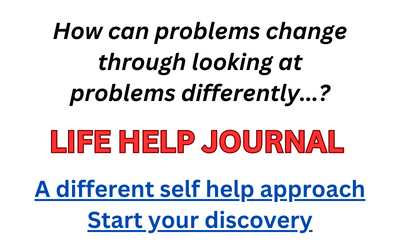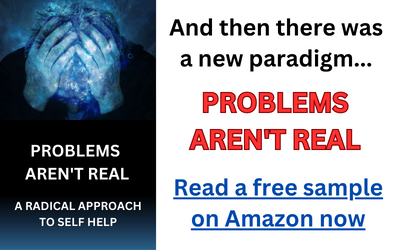I believe that Eckhart Tolle is one of the most important voices for life improvement there has ever been. This website has been significantly influenced by Tolle’s insights; not because of something personal to Tolle but because his insights are, by and large, truth.
Tolle, like any well-known source, has been put under scrutiny and has attracted criticism. Much of this criticism, in my opinion, is based on ignorance about Tolle’s teachings or an inherent bias against messages like Tolle’s, which express a generally optimistic viewpoint about life. A bit of criticism towards Tolle does have some merit however.
Let’s consider some of the more common Eckhart Tolle criticisms:
Tolle’s teachings aren’t valid or don’t work.
This is completely false. Tolle’s primary teaching is that suffering comes from mind activity, not from external circumstances. This is an undeniable fact which is proven quite simply by the observation that external stimulus doesn’t affect everyone equally. The difference in how people are affected is individual interpretation of stimulus, something that happens entirely through mental activity.
Tolle’s primary motivation is material wealth.
I don’t know of any hard evidence to support this assertion. Much of this type of criticism seems to come from people who have a negative outlook towards money, and consider money to be the same as greed. When all is said and done however it doesn’t matter what Tolle’s motivations are: the insights he provides are truthful and helpful. Ultimately, this is all that matters.
Tolle’s personal story is fabricated.
Tolle claims to have gone through a sudden spiritual awakening, literally overnight, that changed his life into peace and bliss. I have heard Tolle tell his transformative story and one detail his critics tend to leave out is that Tolle experienced severe depression and anxiety for years. The accumulation of this suffering, as much as anything, brought about his transformation. But as with Tolle’s motivations, whether his backstory is true or false (I am not aware of any hard evidence that it is false) doesn’t matter much.
Tolle’s insights are not original to him.
This critique is true: Tolle’s foundation teaching likely originated from The Buddha over two thousand years ago. Since then many have passed this wisdom along including Ram Dass, who may be the first person to have offered these insights on a wide scale to the west. In any case Tolle speaks to these insights in his own unique way, and in a way that’s mostly easy to grasp. Beyond this, has Tolle ever claimed that he is the first to offer these insights? I don’t believe he ever has.
Tolle’s teachings can be difficult to understand and implement.
I think this critique, as well, has some truth to it. Tolle advocates keeping one’s focus entirely on the present moment. This is certainly not easy to do — the mind wanders more than any stray dog ever did or will — and requires a good deal of mental discipline. Tolle also advocates focusing on one’s inner energy field. I have never fully identified with this bit of advice, and find the concept of it difficult to grasp.
I consider Tolle’s best teaching, and the easiest of his teachings to implement, is the insight to neutrally watch one’s thinking and emotions. Tolle sometimes refers to this as being the watcher, or the silent watcher. Whatever its name it is an exceptionally effective means for ending emotional suffering: be aware of our thoughts and emotions, watch them, allow them to be. Simple but incredibly profound.
On the whole I have no hesitations, none whatsoever, recommending Tolle’s insights and Tolle himself as a teacher. Listen to Tolle, understand what he is saying and implement his advice, and your emotional sufferings will be considerably reduced.
Find a highly recommended Eckhart Tolle work Here.

